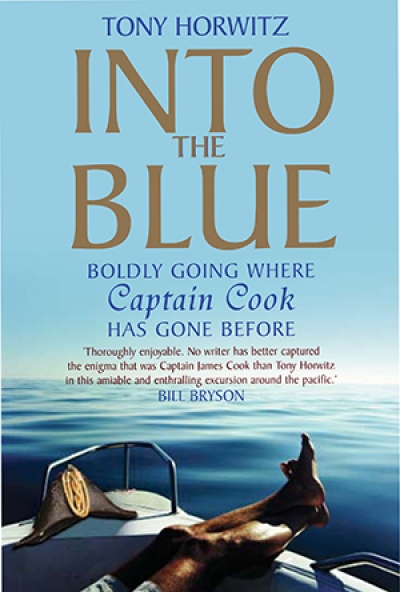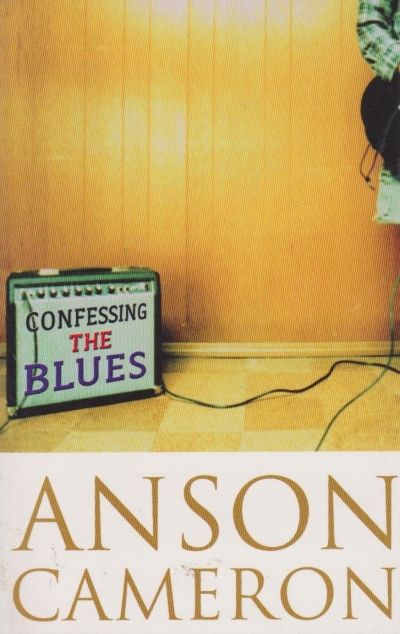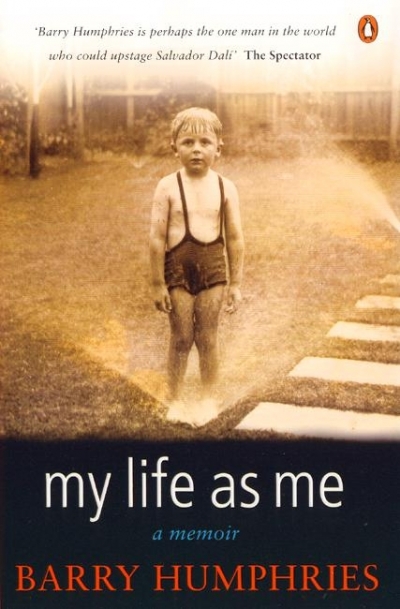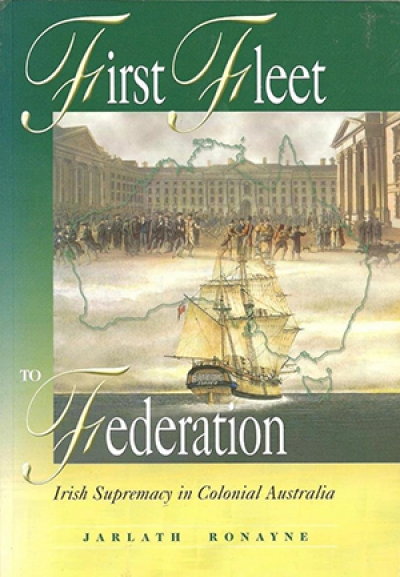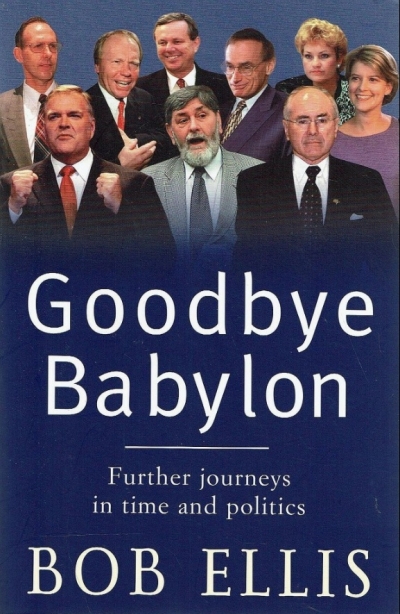Archive
Into the Blue: Boldly going where Captain Cook has gone before by Tony Horwitz
Bearded Ladies/Dreamhouse by Kate Grenville & Joan Makes History by Kate Grenville
Confessing the Blues by Anson Cameron & Saigon Tea by Graham Reilly
First Fleet to Federation: Irish supremacy in colonial Australia by Jarlath Ronayne
Writing novels, he’s Tom Keneally. Works of history – such as The Great Shame (1998) about the Irish diaspora to the USA and Australian in the nineteenth century, and this year’s American Scoundrel, concerned with the adventures of politician, general and amorist Dan Sickles – are by Thomas Keneally. There is more doubling in Keneally’s most recent novel, for he uses two titles. In this country, we have An Angel in Australia; in Britain, The Office of Innocence. Each suggests a different line of approach to a novel that seems in some ways old-fashioned, so instinct is it with his earlier work. By the way, Keneally’s novel count is now twenty-six, including two under the pseudonym ‘William Coyle’.
... (read more)Have the Bali Bombings completely changed our view of Indonesia? Although obviously not designed to do so, these three books provide necessary background on how such an atrocity might be possible in the near-anarchic circumstances of that country. They also give a wide-ranging and informative picture of the present state of Indonesia in all its chaos and uncertainty. They make sobering reading, as if Indonesian politics is a mixture of Shakespearean tragedy, Javanese shadow play and gangster drama: Hamlet, Semar and The Godfather.
... (read more)
